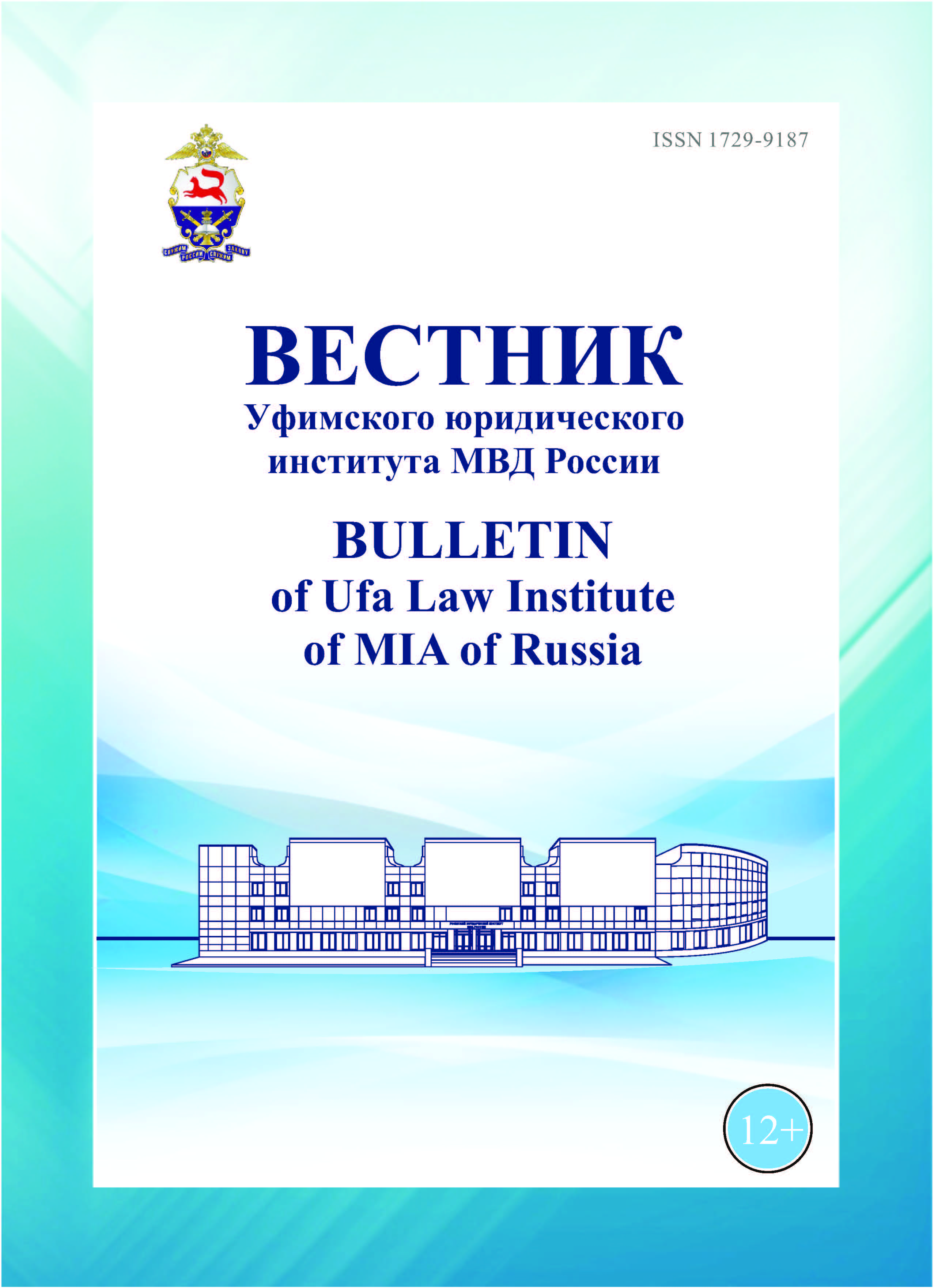from 01.01.2018 until now
Dolgoprudny, Moscow, Russian Federation
Moscow, Russian Federation
VAK Russia 5.8.7
UDC 378.1
CSCSTI 14.00
Russian Classification of Professions by Education 44.00.00
Russian Library and Bibliographic Classification 7
Russian Trade and Bibliographic Classification 8
BISAC EDU EDUCATION
The article presents the results of an empirical study (survey) of 118 graduates of the magistracy of the Academy of Management of the Ministry of Internal Affairs of Russia, who studied in absentia. The survey was conducted at the beginning of 2024 and was aimed at identifying the degree of satisfaction of parttime students with the process of organizing and implementing distance learning, their difficulties in the educational process related to the distance learning format, as well as finding possible solutions to the discovered problematic issues. The obtained quantitative results are accompanied by a qualitative interpretation, which makes it possible to determine potential “growth points” of the distance learning system in terms of improving the organization of the educational process, the methodological activities of teachers, improving the electronic information and educational environment of the university. The work outlines promising topics for future research related to distance learning.
distance learning, higher education, correspondence education, electronic information and educational environment, quality of education, load calculation
1. Matyaeva I. L. Distance education: tradition or innovation? // Bulletin of KSU named after N. A. Nekoasova. 2007. No. 2. P. 28–32. (In Russ.)
2. Shestopalov E. V., Suvorova E. V. Advantages and disadvantages of distance learning // Modern problems of science and education. 2020. No. 6. URL: https://science-education.ru/ru/article/view?id=30349 (date of access: 12.04.2024). (In Russ.)
3. Shatunovsky V. L., Shatunovskaya E. A. Once again about distance learning (organization and provision of distance learning) // Bulletin of Science and Education. 2020. No. 9 (87). Part 1. P. 53–56. (In Russ.)
4. Matyushenko S. V. Culture of distance learning // Academic thought. 2022. No. 3 (20). P. 58–66. (In Russ.)
5. Danilov Yu. L. On the experience of distance learning // Scientific Notes of the University. P. F. Lesgaft. 2022. No. 11 (213). P. 133–137. (In Russ.)
6. Bulan I. G. Attitude of students to distance learning // Kaliningrad Bulletin of Education. 2022. No. 1 (13). P. 3–9. (In Russ.)
7. Smirnov V. V., Myagkova E. V. Distance learning: current state // Professional education in Russia and abroad. 2021. No. 3 (43). P. 92–95. (In Russ.)
8. Honored A. A., Zheludenko M. A. Psychological aspect of distance learning // Norwegian Journal of development of the International Science. 2020. No. 49. P. 53–55. (In Russ.)
9. Endovitsky D. A., Risin I. F., Treshchevsky Yu. I., Rudnev E. A. Distance learning – an imbalance of opportunities and threats // Higher education in Russia. 2022. Vol. 1. No. 1. P. 89–97. (In Russ.)
10. Plaksina N. V., Ovchinnikova M. V. Current trends in the digitalization of education in the world // Scientific notes. Electronic scientific journal of Kursk State University. 2024. No. 1. URL: https://cyberleninka. ru/article/n/aktualnye-trendy-tsifrovizatsii-obrazovaniya-v-mire/viewer (date of access: 12.04.2024). (In Russ.)
11. Pinigin V. G. Professional burnout of teachers during distance learning // Psychopedagogy in law enforcement agencies. Vol. 29. No. 1 (96). P. 63–69. (In Russ.)
12. Tolstobokov O. N. Modern methods and technologies of distance learning: monograph. M.: World of Science, 2020. 72 p. (In Russ.)
13. Nasibullov R. R. Development of a distance form of training for future teachers (late 20th – early 21st centuries): monograph. Kazan: Tatar Republican Publishing House “Heter”, 2013. 176 p. (In Russ.)
14. Danilov O. E. Distance learning in secondary vocational education: monograph. Glazov: GGPI, 2023. 164 p. (In Russ.)










